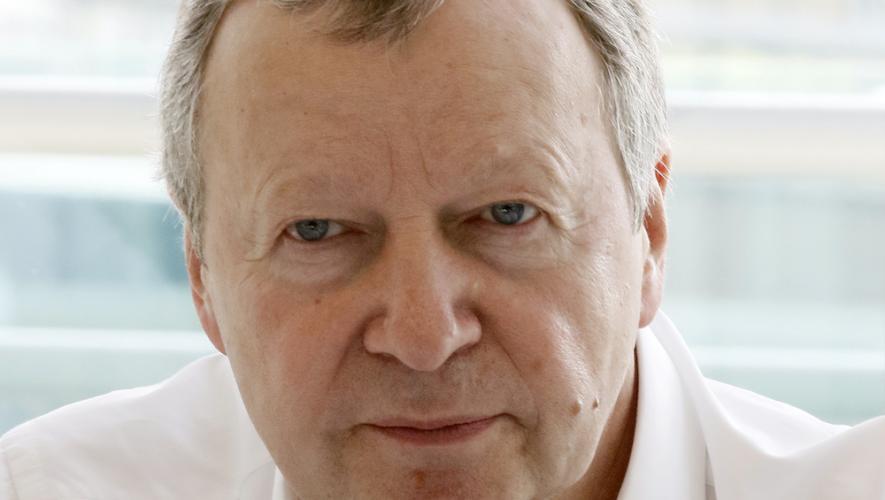People I meet racing: Winfried Englebrecht-Bresges
Hong Kong to expand further in 2018.

The prospect of Hong Kong facing further expansion in the racing world is daunting for its international rivals but exciting from a wider perspective.
The year 2018 is when the first visible signs of that expansion are expected to be seen, and from that point, who knows where it might lead?
Winfried Englebrecht-Bresges, the renowned German racing official, is preparing to guide the Hong Kong Jockey Club into its 50th year of professional racing. But he is conscious that prior to 2021, there are important ambitions to be achieved before the celebrations commence.
Englebrecht-Bresges is adamant there are no plans to expand the successful Hong Kong International Races, which he believes is a format that suits his club's requirements.
"For me, the growth (area) is not about quantity. We have four races and that is ideal. In terms of prizemoney, we have the highest (turf) Mile race in the world, the highest 2,000m race, and our 2,400m race comes in around fourth or fifth.
"It is fact that 25% of the top 25 races in the world are run in Hong Kong. I feel it is better to further increase the quality of the horses we get, not further spread the programme around more distances," he pointed out.
One day, he argued, Hong Kong could stage between 30% and 40% of the world's top races."We think it's important that our horse population support what we are doing. You have to focus, you cannot dilute," he pointed out.
But the next exciting stage of Hong Kong's evolution will be the opening in July 2018 of Conghua training centre, near Guangzhou, which is a three-and-a-half-hour drive from Sha Tin.
Short-term, it will allow the renovation of 600 boxes at Sha Tin. Long term, it will give Hong Kong the facility to significantly expand its horse population -- and an opportunity for entires to be imported. At present, geldings are preferred.
Englebrecht-Bresges said: "Conghua will give us another dimension. It will not only increase the horse population but gives the flexibility to bring in entires. Owners spend a lot of money on their horses, and it will be good if they are able to keep them as entires.
"With the Hong Kong International Races established as one of the major events worldwide, we want to be able to create breeding value. It is not a sign that the Jockey Club itself will necessarily become involved in the breeding side -- that's something others can do and will do -- but more that we are able to train horses that are able to breed.
Conghua, incidentally, will be state-of-the-art, complete with tracks of all descriptions and hills for stamina work. Such a facility could easily be converted to a racetrack should China ever consent. Long-term, it is potentially one of the most exciting projects in world racing.















